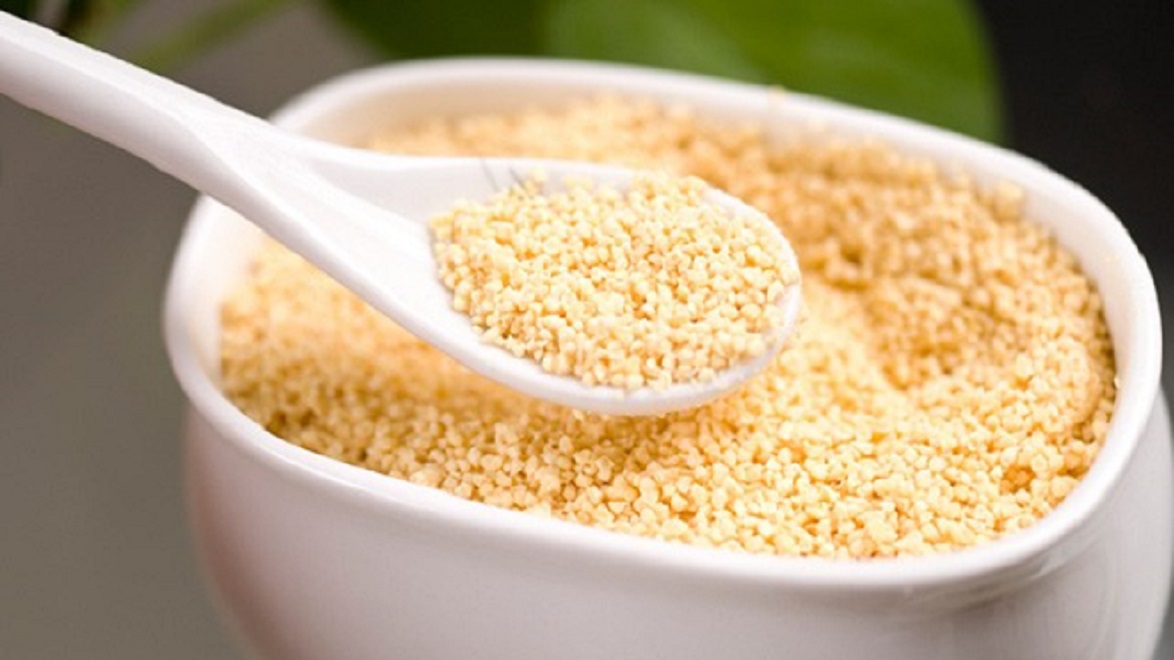Lecithin Nutrition

Biological Functions

Some of the Typical Functions of Lecithin are
Lecithin & Cholesterol
Lecithin helps reduce the cholesterol level in the blood, a major risk indicator for heart attack and heart disease. Lecithin can emulsify (break up) fats in the bloodstream, lecithin keeps these lipids soluble and capable of passing through the cell walls to be utilized for energy. By dissolving fats and helping them be absorbed for use by the body, Low blood levels of lecithin correlate with high cholesterol levels, as floating fat molecules clump, then stick onto the wall of your arteries and tunnel between the muscle layers of the blood vessels.
Fact Dispersion
Hard fat powders are difficult to wet and disperse because they are hydrophobic & high protein ingredients are hydrophilic & they hydrate too quickly forming clumps. Lecithin with its instant zing properties is used in instant mixes.
- Lecithin as a nutritional supplement
- Lecithin is a proven nutritional supplement.
- Easy and simple dosing, available in granules also.
- Positive effect on many physical and brain functions
Lecithin & Digestion
The gallbladder is related to the liver and digestive system. The function of the gall bladder is to secrete bile, which helps digest fats in the small intestine. Lecithin, by adding to bile’s emulsifying effects, prevents gallstones.
In the human body, Lecithin is the key ingredient of a human cell’s structure and function.
- Stabilize cell membranes which play a critical role in the intake and output of cells.
- Support metabolic functions.
- Boost mental and physical performance.